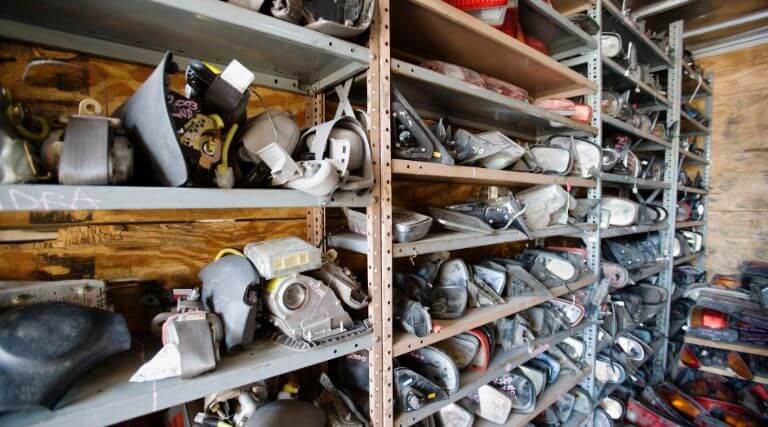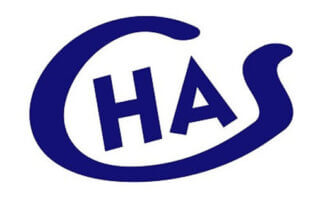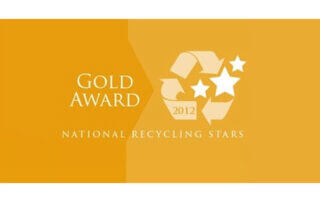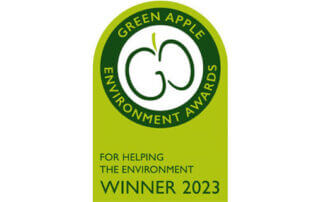
Recycling car parts is not just an environmentally responsible decision but also a practical way to conserve valuable resources. Every year, millions of vehicles reach the end of their life, leaving behind a wealth of materials that can be repurposed. From metals to plastics and even rubber, car parts contribute significantly to the recycling industry. If you’re looking to dispose of your old car parts responsibly, this guide will help you understand why recycling matters, which parts can be recycled, and how to get started.
When vehicles are scrapped, many of their components can be salvaged and reused. Metals, particularly steel and aluminium, make up a significant portion of most vehicles. These materials are incredibly durable, meaning they can be melted down and reformed without losing their quality. Recycling metals not only reduces the demand for new raw materials but also saves energy and cuts down on greenhouse gas emissions.
Other components, such as tyres, are another major contributor to waste. Tyres can be repurposed into a range of products, including playground surfaces, road construction materials, and even fuel. Rubber recycling helps prevent tyres from ending up in landfills where they take decades to decompose, and burning them releases harmful toxins.
Plastics are another valuable material found in modern vehicles. From dashboards to bumpers, these plastics can be shredded, melted, and reformed into new products. Recycling automotive plastics reduces the reliance on new petroleum-based products, helping to conserve natural resources and combat climate change.
Batteries are a particularly important part of the recycling process. Old car batteries contain harmful chemicals like lead and acid, which can leak into the environment if not disposed of properly. However, these batteries also contain valuable materials that can be recycled to create new batteries. Recycling car batteries is not only a legal requirement but also an essential step towards reducing environmental contamination.
Car fluids, such as oil, coolant, and brake fluid, also need to be handled with care. These fluids can contaminate water supplies and soil if not disposed of properly. However, recycling centres can safely process these fluids, ensuring they don’t harm the environment while enabling certain elements to be reused.
Even smaller components like glass from windscreens and headlights can be recycled. Automotive glass is specially treated to withstand impacts, making it slightly more challenging to recycle than regular glass, but it can still be processed into new products, including fibreglass insulation.
For those clearing out old garages or upgrading their vehicles, disposing of car parts responsibly is crucial. Whether it’s an engine part, tyres, or the entire vehicle, taking the time to recycle ensures these materials are given a new life rather than contributing to waste.
If you have car parts ready for recycling, we’re here to help. We provide a hassle-free service to ensure your waste is disposed of responsibly, in line with environmental regulations. Give us a call on 01442 229 029 or visit our website to Book Online. Together, we can help reduce waste and protect our planet for future generations.










